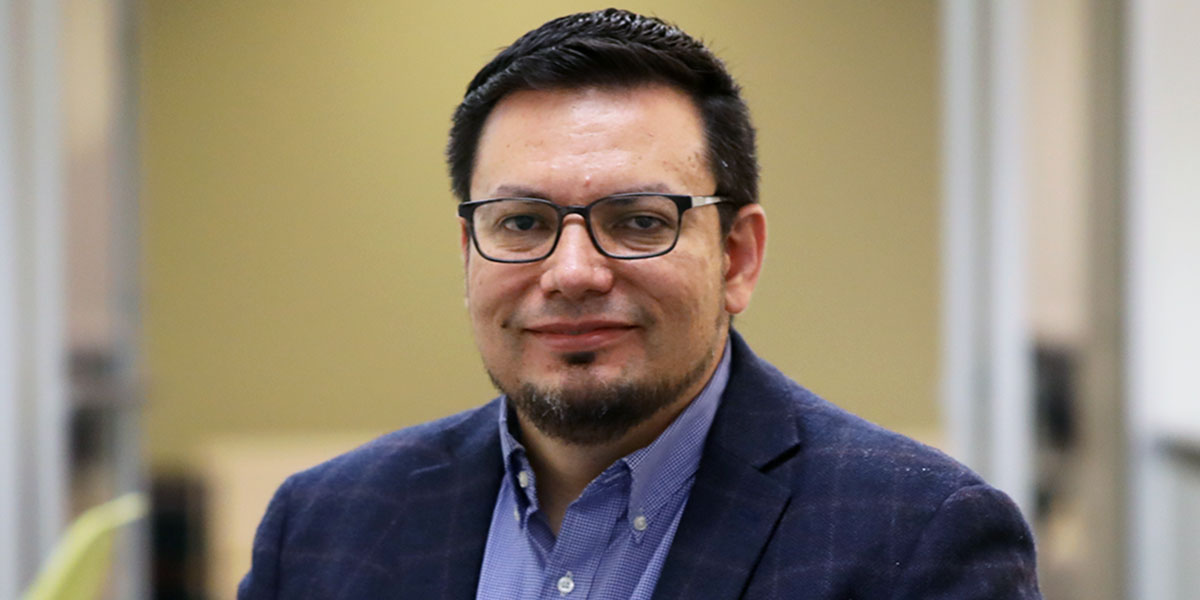Meet Baylor’s expert on artificial intelligence and deep learning

Artificial intelligence (AI) used to be a fantasy, found only in science fiction. Today, it propels society forward in countless ways; even the phones in our pockets include multilingual translators, photo apps that recognize faces, and intelligent assistants that can understand spoken commands (thanks, Siri).
This is all made possible through the process of deep learning — and Dr. Pablo Rivas, an assistant professor of computer science at Baylor, has literally written the book on the subject. (We’re serious; check out Deep Learning for Beginners.)
“I first fell in love with the field of AI and the principles that can explain human intelligence 20 years ago, when it was all beginning,” says Rivas. “Now, the industry is booming. And while the advances are incredible, they can also be a little disarming.”
For example, AI has made it possible for individuals to receive personalized recommendations on products and services. This is concerning for those who feel devices are always “listening.” With that in mind, Rivas has been working with the IEEE Standards Association to study and design ethical practices for AI. Here, Rivas hopes to ensure consumers they’re being treated fairly.
“AI is definitely changing society, and therefore we have to care for its responsible study and implementation,” he explains.
[LEARN MORE about Rivas’ research in this Baylor Connections interview]
When it comes to teaching, Rivas recognizes the competitive nature of the industry and seeks to cultivate a collaborative, encouraging learning structure.
“Unfortunately, there is a toxic culture among students and researchers in AI, and I believe our best work cannot flourish that way,” says Rivas. “I personally and intentionally make an effort to mentor students beyond simply directing their immediate research projects and help them ponder and brainstorm long-term plans that can benefit their careers. This has proven to be a stress-free exchange of ideas and knowledge in an environment that shows compassion for students.”
Rivas and his colleagues have several projects in the works. Recently, they’ve learned the National Science Foundation (NSF) will fund one of their studies using machine learning algorithms to observe different species’ spectral signatures and properties. In another venture, they are exploring quantum machine learning. Whatever the project is, Rivas has one goal: to make technology smarter and safer for all.
Sic ’em, Dr. Rivas!

